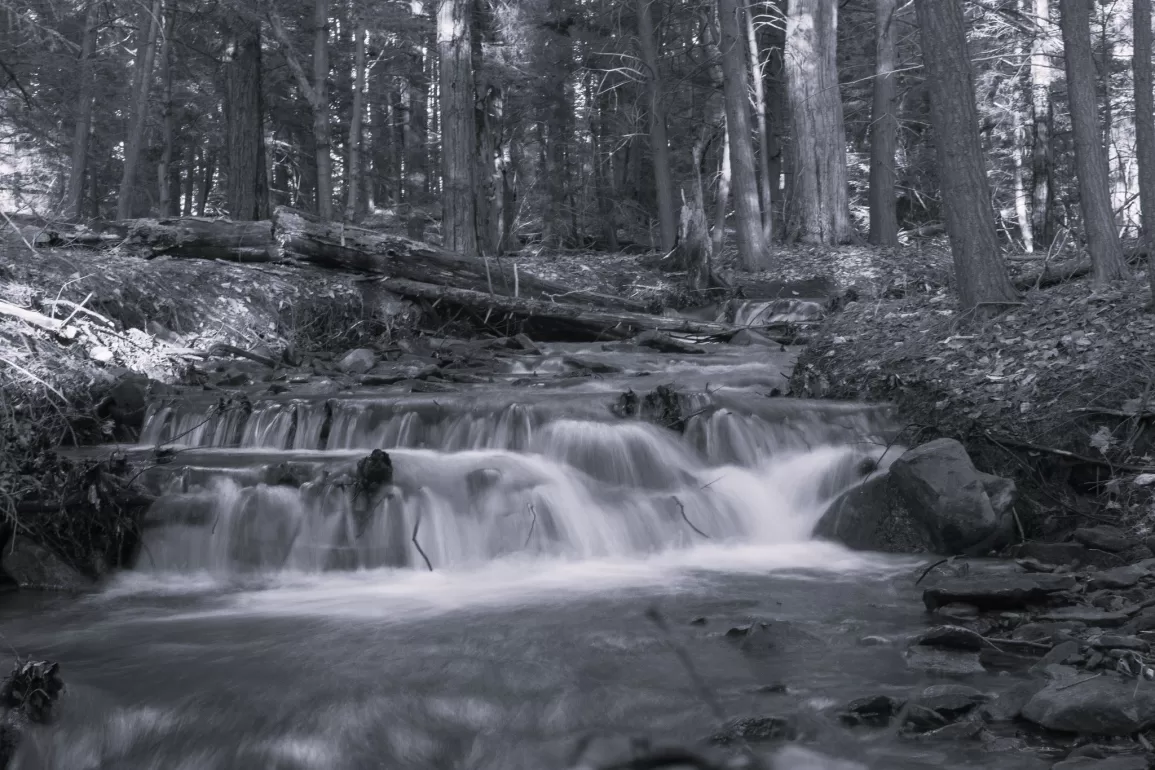Robert Andrews had a fondness for April, when rain fell daily and water puddled ankle-deep in the low areas around his yard. His pastures sprouted new grass and pink primroses, lifting his heart from the mild depression brought on by winter’s chill and an aching hip. And with spring’s longer days, he especially enjoyed the hours spent in his barn’s churchlike structure, its shadowed stalls ripe with the smell of hay and dung. The place served as his refuge from...

